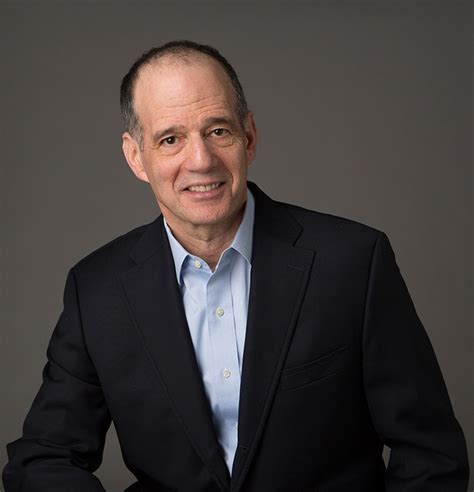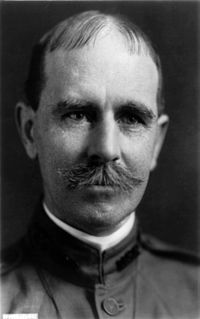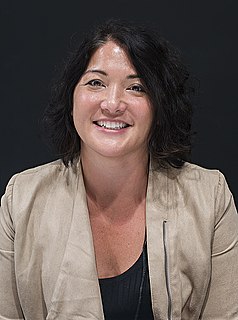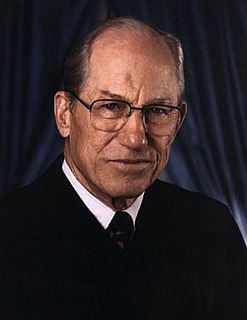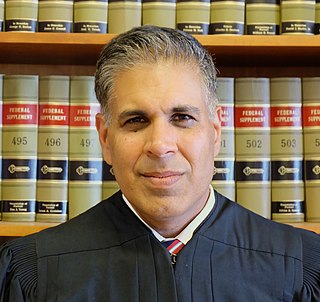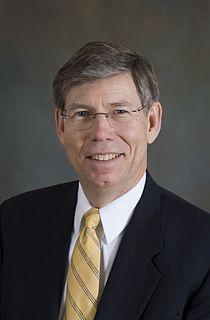A Quote by Clifford Irving
A criminal trial is like a Russian novel: it starts with exasperating slowness as the characters are introduced to a jury, then there are complications in the form of minor witnesses, the protagonist finally appears and contradictions arise to produce drama, and finally as both jury and spectators grow weary and confused the pace quickens, reaching its climax in passionate final argument.
Related Quotes
I believed there was enough evidence to go to trial. Grand jury said there wasn't. Okay, fine. Do I have a right to disagree with the grand jury? Many Americans believe O.J. Simpson was guilty. A jury said he wasn't. So I have as much right to question a jury as they do. Does it make somebody a racist? No! They just disagreed with the jury. So did I.
If the federal constitution is to be construed so far in connection with the state constitutions, as to leave the trial by jury in civil causes, for instance, secured; on the same principles it would have left the trial by jury in criminal causes, the benefits of the writ of habeas corpus, etc. secured; they all stand on the same footing; they are the common rights of Americans, and have been recognized by the state constitutions.
The average juror is not Mr. Spock. If he were, then a trial-court judge's job would be much easier. He could instruct the jury in broad strokes - instructing only as to the bare elements of the crime, perhaps - and be confident that the jury would deduce all of the finer-grained implications that must logically follow.
I'm no idealist to believe firmly in the integrity of our courts and in the jury system -- that is no ideal to me, it is a living, working reality. Gentlemen, a court is no better than each man of you sitting before me on this jury. A court is only as sound as its jury, and a jury is only as sound as the men who make it up.
That in all capital or criminal prosecutions a man bath a right to demand the cause and nature of his accusation, to be confronted with the accusers and witnesses, to call for evidence in his favor, and to a speedy trial by an impartial jury of twelve men of his vicinage, without whose unanimous consent he cannot be found guilty; nor can he be compelled to give evidence against himself; that no man be deprived of his liberty, except by the law of the land or the judgment of his peers.




